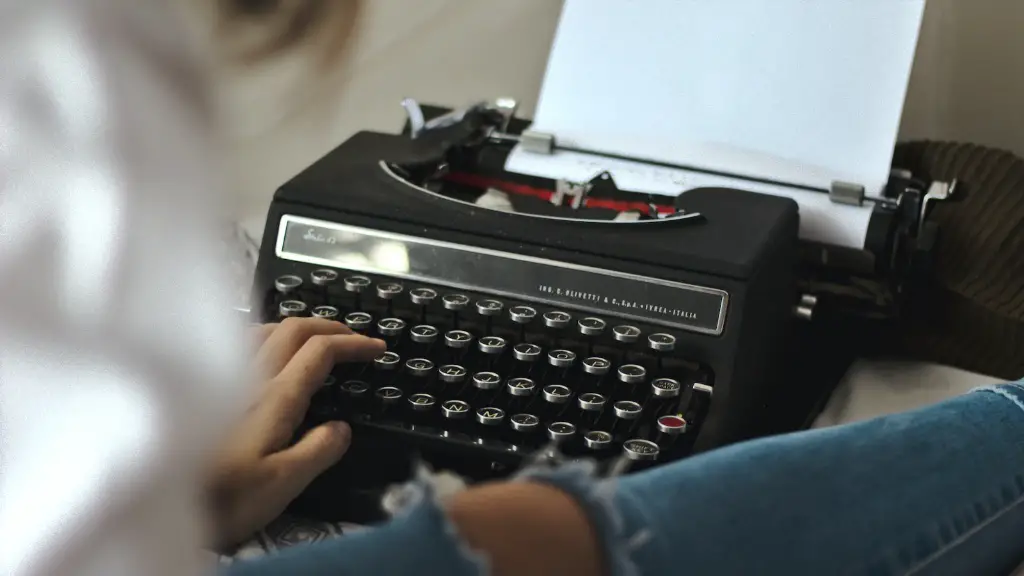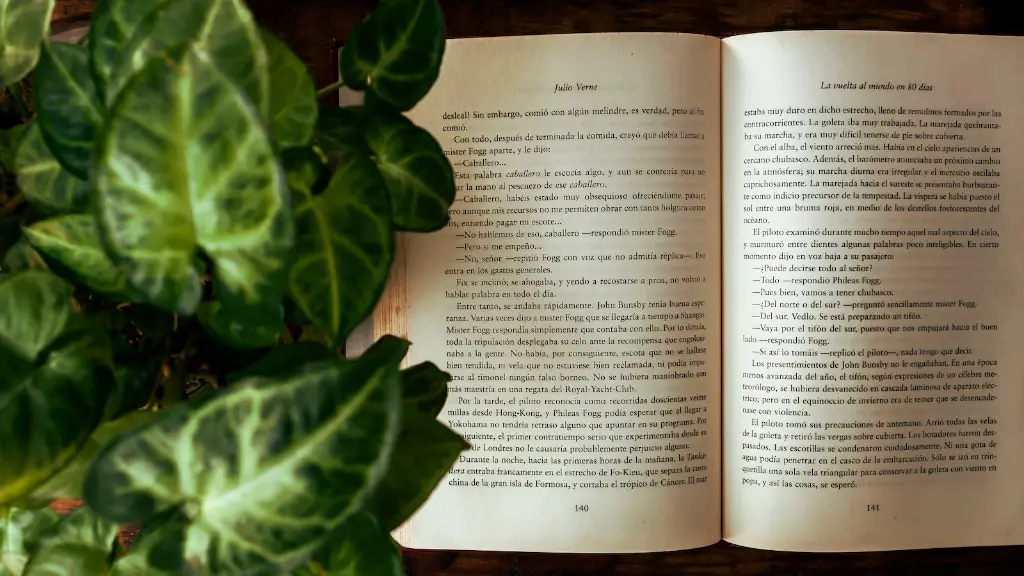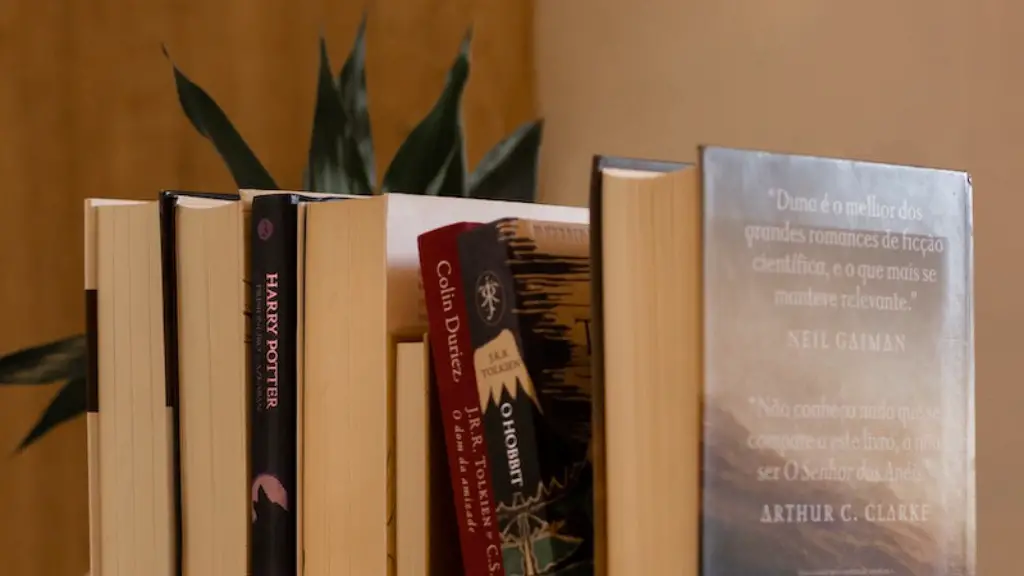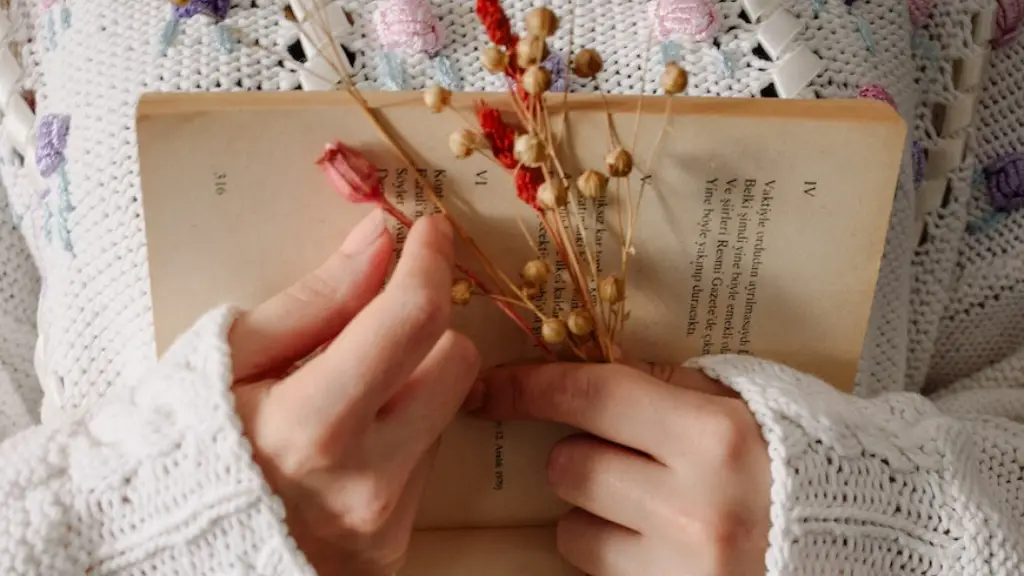Introduction to Poems and Poetry
Poetry has been around and appreciated for centuries, with much of the oldest surviving forms of poetry having been composed in the ancient world. In its simplest form, a poem is an artistic arrangement of words that conveys meaning. Whether it is an epic poem or a haiku, poems are an effective and evocative way to articulate thoughts and express the human experience. Poetry also serves many other purposes, from entertaining, to performing rituals, to memorializing events.
Variations of Poetry
Poetry is diverse, with a range of distinct forms, many of which date back centuries or even millennia. These include epic poems, odes, pastoral poems, sonnets, elegiacs, lyric poems, narrative poems, haikus, and much more. Though the form and structure of poetry can vary, it still shares common features. Poems have rhythm, which is often accentuated by meter and rhyme, as well as repetition and alliteration.
Functions of Poetry
Poetry has played a variety of roles in history, as poets from around the world have used it to communicate ideas, tell stories, celebrate events, and express emotions. In many indigenous cultures, poetry has served as a platform to document events, pass down knowledge, and give the community a shared history. In the modern world, poetry often functions as a form of escapism or even a way to express dissent.
The Power of Poetry
The beauty and power of poetry lies in its ability to express complex emotions and ideas in a succinct amount of words. Poems evoke empathy and connection and can be shared to evoke a reaction. The right combination of words often resonates with readers and has the potential to strike a chord. Because of this, poems can be incredibly powerful and motivating when they accurately capture the human experience.
Writing Poetry
Many people find writing poetry to be a great creative outlet and a form of self-expression. Writing poetry can involve using prompts and creative challenges for ideas and to overcome writer’s block. It can be helpful to read and analyze the poems of other poets and use those as inspiration or to learn certain forms of poetry and experiment with them.
The Legacy of Poetry
Whether it’s up to the poet to decide the purpose or function of their poetry, its legacy can be used to share ideas and emotions, to commemorate events, and to empower communities. Poetry’s power is undeniable and its capability to withstand time has made it clear that it will remain a popular form of creative expression for years to come.
The Role of Poetry in Mental Health
Poetry can be a powerful form of emotional expression and can be used to process feelings and experiences. Several mental health professionals have advocated for poetry therapy to help clients cope with emotional turmoil, build self-esteem and sense of identity, and manage anxiety. Furthermore, writing and reading poetry can be an effective means of managing stress and developing emotional wellbeing.
The Importance of Poetry Through Time
Poetry has long been used to praise, reflect, and commemorate important figures or moments. For example, in Western culture, elegy has often been used to remember and pay tribute to those who have passed away, while love poetry has been used to convey strong emotions of love and affection. In literature and the performing arts, poetry has also been used to stand out and create an impactful message.
The Technical Components of Poetry
Poetry is a blend of creative writing and literary art. There are several technical components that need to be understood before writing a poem, including elements like meter, rhyme, rhythm, alliteration, and cadence. Additionally, understanding poetic forms and conventions, such as incorporating imagery, can create a more powerful poem.
The Art of Poetry
Poetry has often been regarded as an art form due to its ability to capture raw emotion and evoke a response in readers. Often, the power of a poem lies in the imagery and metaphors used, as the reader can use their interpretation to project their own feelings and understanding. Different styles of poetry may employ certain techniques, such as making a statement, telling a story, posing a question, or conveying an opinion, to get their point across.
The Role of Poetry in Social Movements
Poetry has historically played an important role in social movements, as it has been used to channel emotion, raise awareness, and provide a platform to express dissent. Historically, poetry has served a crucial role in the resistance and advocacy of minority groups, including African-American, Latin American and indigenous cultures. Often, poets have used their work to confront difficult topics and discuss injustices that society faces.
The Impact of Poetry in Society
Poetry can serve as an outlet to convey a range of emotions and experiences, from joy and celebration, to sorrow and devastation. It encourages empathy and understanding, as it allows the audience to connect with the author’s experience and tap into their own emotions. With its unique blend of artistry, technical skill and emotion, poetry can powerfully move and impact those who engage with it.



